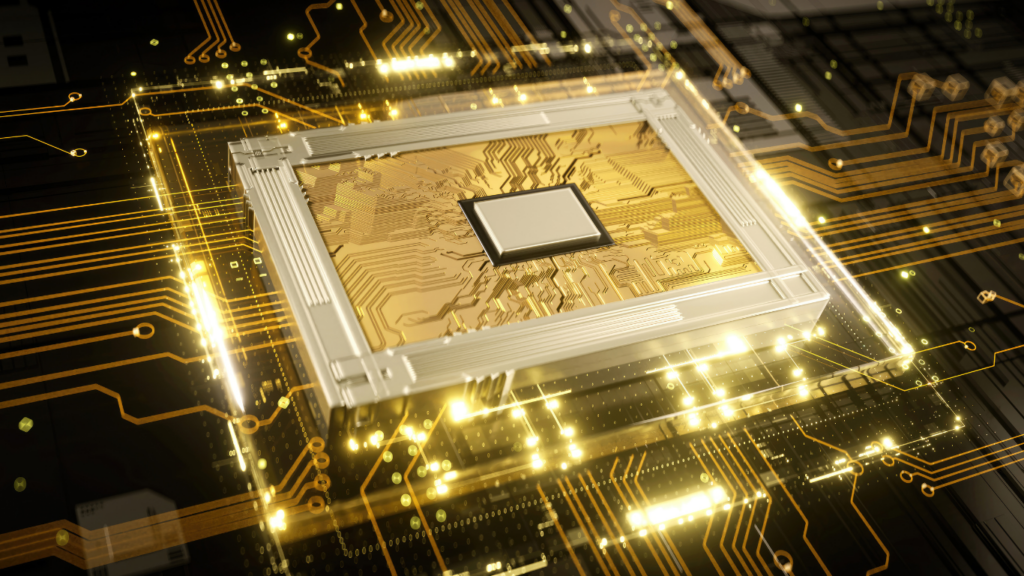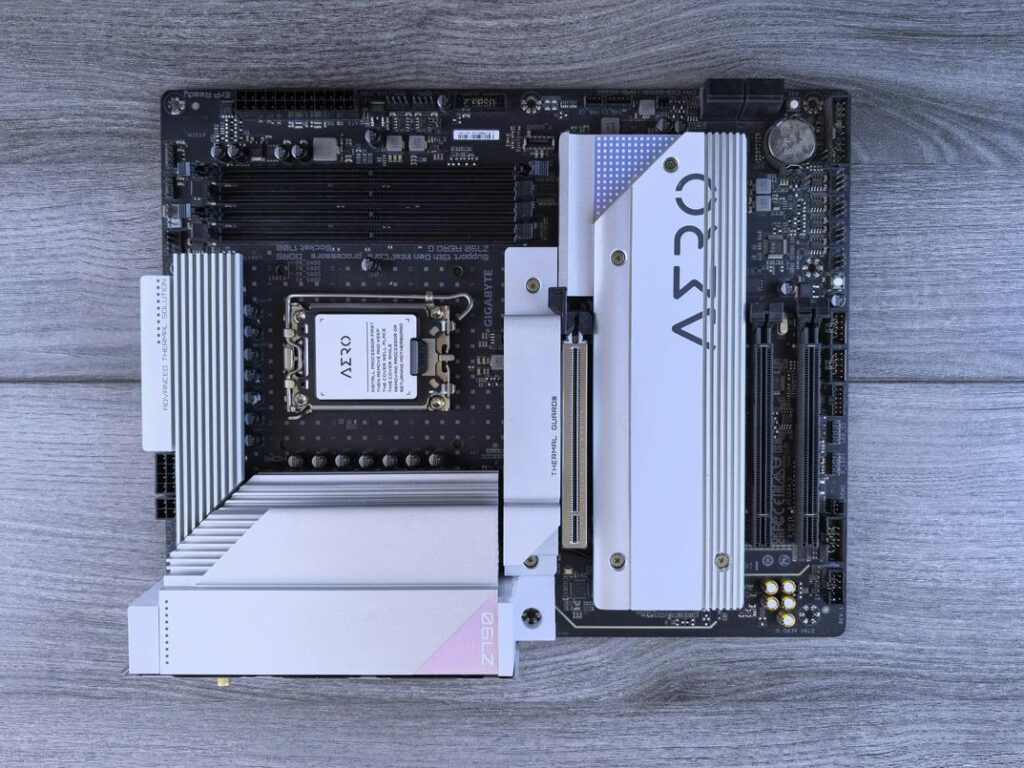Stepping into the world of virtual reality (VR) gaming is like entering a realm where the impossible becomes possible. As a passionate gamer, I’ve witnessed firsthand the evolution of this immersive technology.
However, what truly sets the stage for a groundbreaking experience is the integration of artificial intelligence (AI). In the realm of VR gaming, AI is the wizard behind the curtain, orchestrating scenarios, adapting gameplay, and enhancing user engagement in ways never imagined before.
Through AI algorithms, VR games can now learn from player behavior, adjust difficulty levels on the fly, and create personalized experiences tailored to individual preferences. The synergy between AI and VR is reshaping the landscape of gaming, offering players a dynamic and unpredictable journey with each interaction.
Join me as we delve deeper into the symbiotic relationship between AI and VR, unlocking new dimensions of excitement and innovation in the gaming universe.
The Evolution of VR Gaming
Exploring the evolution of VR gaming unveils a captivating journey that intertwines cutting-edge technology with boundless creativity. As AI continues to revolutionize the virtual realm, the possibilities for immersive gameplay and interactive experiences expand exponentially.
From the early days of rudimentary VR setups to the sophisticated, AI-driven systems of today, the evolution of VR gaming has been nothing short of remarkable.
In the realm of VR gaming, AI serves as the catalyst propelling innovation to new heights. By harnessing AI capabilities, game developers can create lifelike environments, intelligent NPCs, and adaptive gameplay that react to the player’s actions in real-time.
The evolution of VR gaming is synonymous with the evolution of AI, as these technologies converge to redefine the boundaries of what is possible in the gaming landscape.
With each advancement in AI algorithms and VR hardware, the evolution of VR gaming reaches new horizons of realism and interactivity. As AI algorithms gain the ability to analyze player behavior and adjust game elements accordingly, the gaming experience becomes more personalized and engaging than ever before.
This seamless integration of AI in VR gaming paves the way for a future where virtual worlds blur with reality, offering players an unparalleled level of immersion and excitement.
The evolution of VR gaming is a testament to the symbiotic relationship between AI and virtual reality, where innovation knows no bounds, and the only limit is the imagination of those pushing the boundaries of technology. As AI continues to transform the VR gaming experience, one thing remains certain: the future of gaming is being reshaped before our eyes, offering endless possibilities for players to explore and enjoy.
Impact of AI on VR Gaming
As an AI enthusiast, I’m excited to explore how AI is revolutionizing the VR gaming landscape, offering immersive experiences that redefine player engagement and interaction.
Enhancing Immersion through AI
- Realistic Environments: AI algorithms enhance VR gaming by creating lifelike virtual worlds that make players feel fully immersed.
- Intelligent NPCs: AI-powered non-playable characters (NPCs) exhibit realistic behaviors and respond to player actions, enriching the gaming experience.
AI-Driven Personalization in VR Gaming
Continuing the conversation on AI’s influence on VR gaming, I want to delve into the realm of AI-driven personalization within virtual reality environments. The integration of AI technology in VR gaming not only enhances player engagement but also customizes the gaming experience to cater to individual preferences and behaviors.
AI algorithms analyze player interactions in real-time, allowing for dynamic adjustments to the gameplay, creating unique and tailored experiences for each player.
In VR gaming, AI-driven personalization goes beyond just adapting difficulty levels. It includes aspects like modifying in-game environments based on player choices, adjusting NPC behavior to match player styles, and even generating personalized challenges and quests.
By leveraging AI, VR games can provide players with a more immersive and engaging experience that feels both challenging and rewarding on a personal level.
The beauty of AI-driven personalization in VR gaming lies in its ability to create a sense of individuality within immersive virtual worlds. Players are no longer mere spectators but active participants in a dynamic and evolving digital landscape where their decisions shape the gaming experience.
This level of personalization not only enhances player satisfaction but also opens up endless possibilities for innovation and creativity in the VR gaming industry.
Ethical Considerations in AI-Powered VR Gaming
Reflecting on the integration of artificial intelligence (AI) in virtual reality (VR) gaming, ethical considerations play a crucial role in shaping the future of immersive gaming experiences. As a player, I recognize the importance of addressing potential ethical challenges that arise from the use of AI technology in VR environments.
In AI-powered VR gaming, ensuring transparent data usage is paramount. It’s essential to safeguard players’ privacy and data security while collecting and analyzing their interactions within the virtual world.
As a developer, I acknowledge the responsibility to prioritize user consent and data protection to maintain trust and respect players’ rights. Moreover, the ethical implications of AI algorithms shaping gameplay experiences deserve thoughtful consideration.
It’s vital to balance the use of AI-driven personalization with maintaining fairness and equality among players. As a gaming enthusiast, I value inclusivity and fairness in gaming experiences, underscoring the need to prevent algorithmic biases that could result in unequal opportunities for players.
Another ethical concern in AI-powered VR gaming revolves around the potential impact on player behavior and well-being. Developers must strive to create experiences that enhance enjoyment without promoting addictive behaviors or psychological harm.
As an advocate for player well-being, I emphasize the importance of implementing safeguards to mitigate any negative consequences that could arise from prolonged engagement with AI-enhanced VR games.
By addressing these ethical considerations proactively, the fusion of AI and VR gaming can continue to drive innovation while upholding ethical standards and fostering a safe and enjoyable gaming environment for all players.



